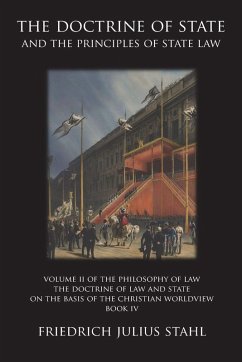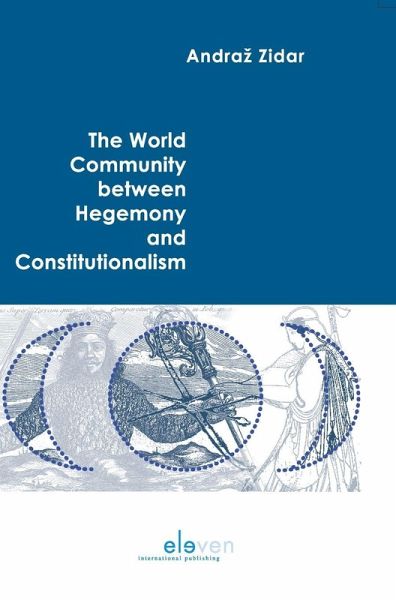
The World Community between Hegemony and Constitutionalism
Versandkostenfrei!
Versandfertig in 1-2 Wochen
112,99 €
inkl. MwSt.

PAYBACK Punkte
56 °P sammeln!
Two dominant trends in today's world are hegemony and constitutionalism. The attitude of greater states or regional blocks, such as the US, Russia, China and the EU, represents hegemony. In parallel, constitutionalism is getting stronger through international organizations, international adjudicatory bodies and 'higher norms' of international law. While these processes represent a move away from the Westphalian inter-state logic, they also juxtapose hegemony and constitutionalism to each other. A detailed look reveals that the two phenomena are intertwined in the sense of the antinomy. To shed...
Two dominant trends in today's world are hegemony and constitutionalism. The attitude of greater states or regional blocks, such as the US, Russia, China and the EU, represents hegemony. In parallel, constitutionalism is getting stronger through international organizations, international adjudicatory bodies and 'higher norms' of international law. While these processes represent a move away from the Westphalian inter-state logic, they also juxtapose hegemony and constitutionalism to each other. A detailed look reveals that the two phenomena are intertwined in the sense of the antinomy. To shed more light on their complex relationship, the book surveys hegemony and constitutionalism in the field of international law. It focuses on hegemo-constitutional intersections with regard to international organizations, intervention on humanitarian grounds and international adjudication. Concrete and practical examples provide incremental developments hinting at a new structure of the world community. The World Community between Hegemony and Constitutionalism will be of interest to those captivated by the current state of play in the world, in particular from the perspective of international law, constitutional law, international relations and political science.





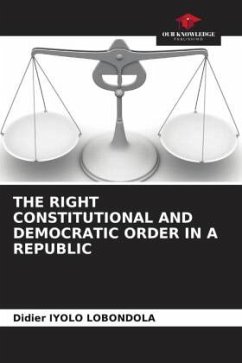
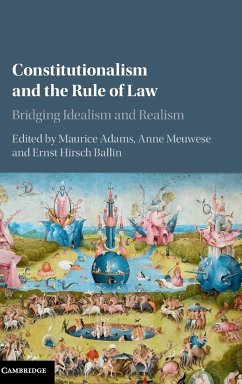
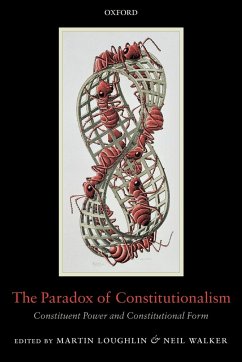
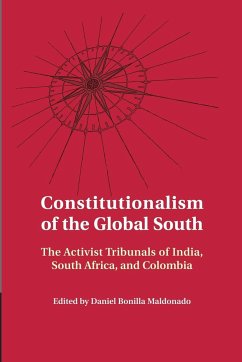

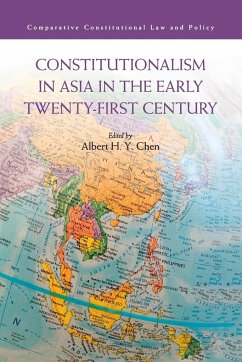
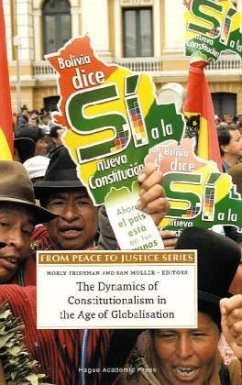
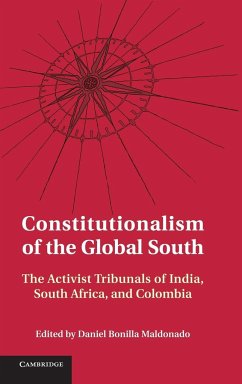
![The Foundations of American Constitutionalism [1932] Cover The Foundations of American Constitutionalism [1932]](https://bilder.buecher.de/produkte/60/60916/60916451n.jpg)
